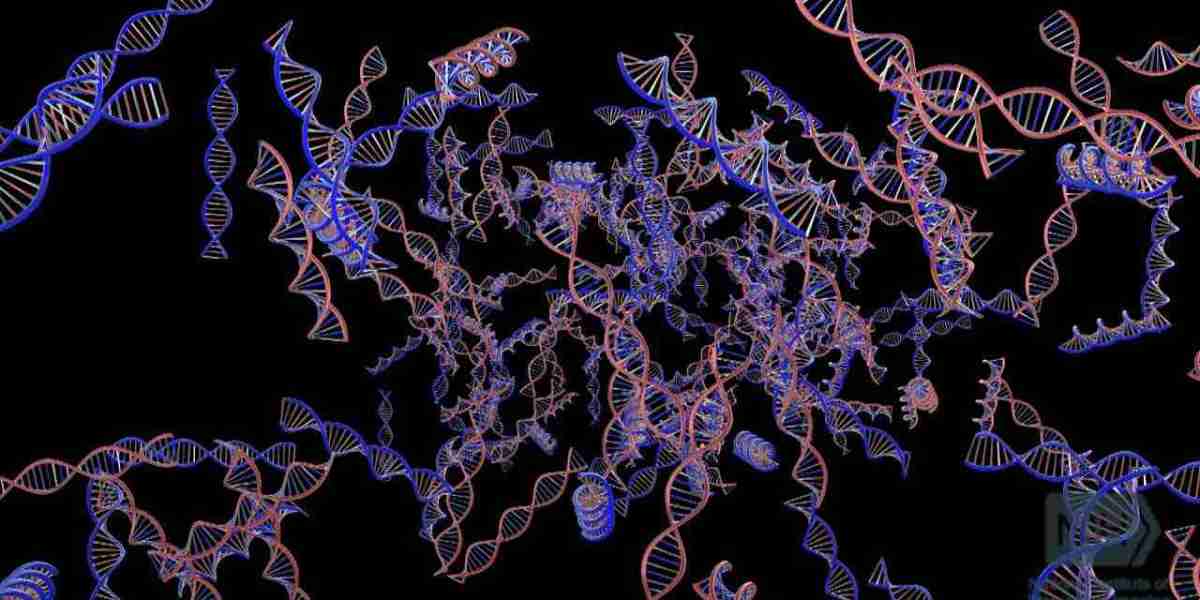Animal Genetics Market is experiencing rapid advancements, especially with the use of genetic modifications such as gene editing technologies, including CRISPR-Cas9. These innovations hold the potential to improve animal productivity, health, and disease resistance. However, the ethical considerations and regulatory frameworks surrounding animal genetic modifications are becoming increasingly important as these technologies evolve. Understanding these concerns is crucial for ensuring responsible use while balancing the benefits of genetic advancements with the welfare of animals and societal values.
Ethical Considerations in Animal Genetic Modifications
One of the primary ethical concerns regarding animal genetic modifications is the potential impact on animal welfare. Genetic modifications could unintentionally lead to adverse effects on an animal’s health, behavior, or well-being. While gene editing aims to enhance desirable traits, there is always the risk that unintended genetic changes could cause suffering, deformities, or other health problems that were not foreseen. For example, changes made to increase disease resistance could inadvertently affect an animal’s natural behavior or its ability to interact with its environment. Therefore, careful consideration of potential risks is essential to ensuring that genetic modifications do not compromise the overall well-being of animals.
Another significant ethical issue involves the question of animal rights. Some critics argue that manipulating an animal’s genetic material for human benefit raises concerns about the autonomy of animals and the morality of altering their genetic makeup. The debate over whether animals have intrinsic rights or should be regarded as resources to be genetically altered for productivity often leads to strong opinions and ethical dilemmas. Public opinion plays a key role in shaping how genetic modifications in animals are perceived, and ensuring transparency in the science behind these technologies is critical in addressing societal concerns.
Regulations Governing Animal Genetic Modifications
To address these ethical concerns, various regulatory bodies have established guidelines to govern the use of genetic technologies in animals. In the United States, the Food and Drug Administration (FDA) regulates genetically modified animals as veterinary products, ensuring that they are safe for both the animals and humans who consume products derived from them. The European Union has taken a more cautious approach, with stringent regulations regarding genetically modified organisms (GMOs), requiring extensive safety testing and assessments before approval for commercial use.
In addition to health and safety, ethical concerns surrounding animal genetic modifications often lead to calls for more comprehensive regulations that focus on long-term effects, biodiversity, and ecological balance. Gene editing technologies could potentially alter the genetic makeup of entire populations, leading to unforeseen consequences in ecosystems. As such, regulatory agencies need to consider not only animal welfare but also broader ecological impacts when evaluating the safety and ethics of genetic modifications.
Balancing Innovation with Responsibility
While genetic modifications offer considerable promise for improving livestock health, productivity, and sustainability, balancing innovation with ethical responsibility is critical. Continued research and open dialogue between scientists, industry stakeholders, regulators, and the public will be essential in developing ethical guidelines and regulations that promote both scientific progress and animal welfare.
In conclusion, as the Animal Genetics Market grows, ethical considerations and regulations will play a crucial role in shaping the future of genetic modifications in animals. Addressing concerns related to animal welfare, rights, and long-term ecological impact while promoting responsible innovation will be key to ensuring that the benefits of genetic technologies are realized in a way that aligns with societal values and environmental sustainability.




